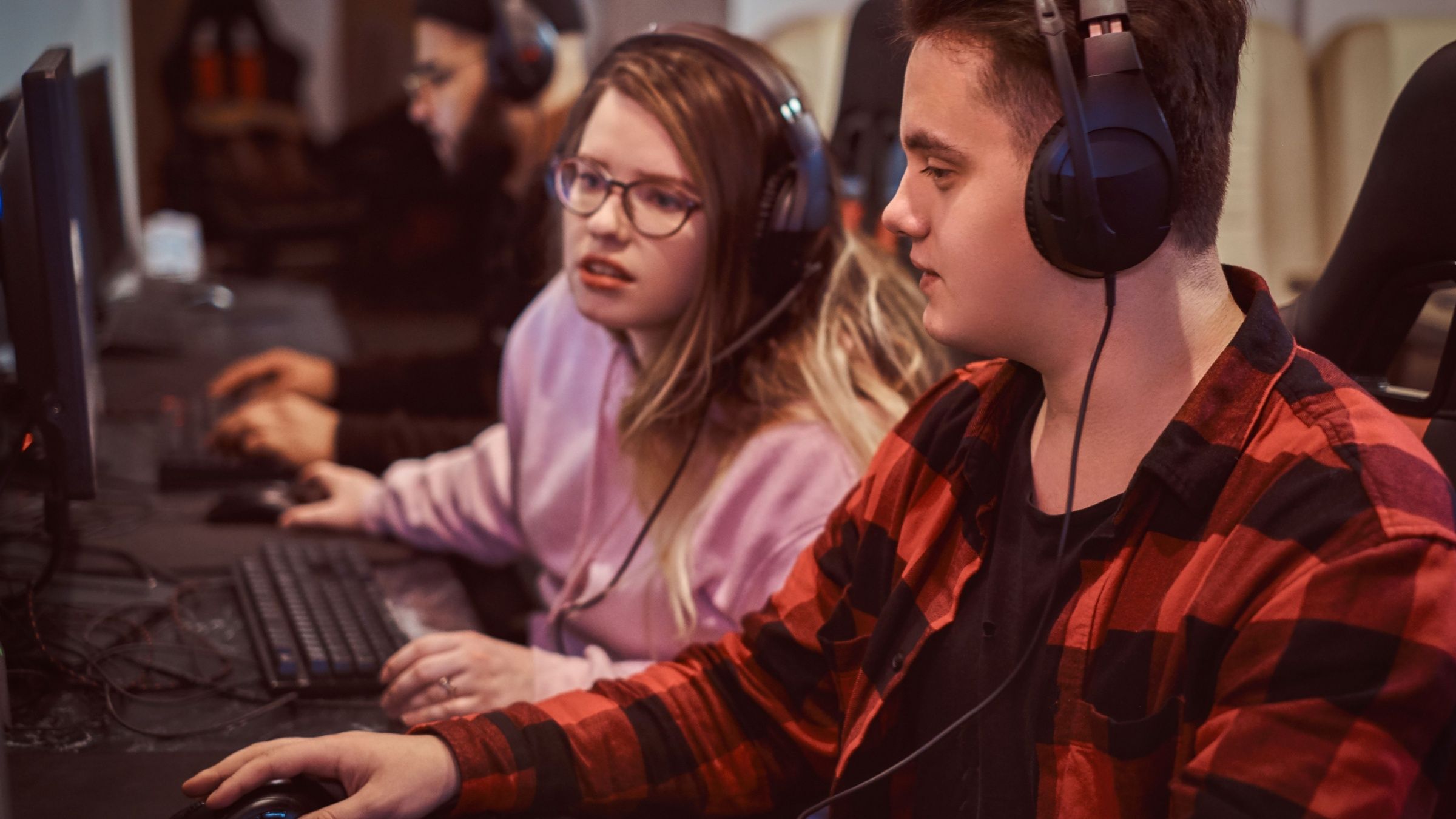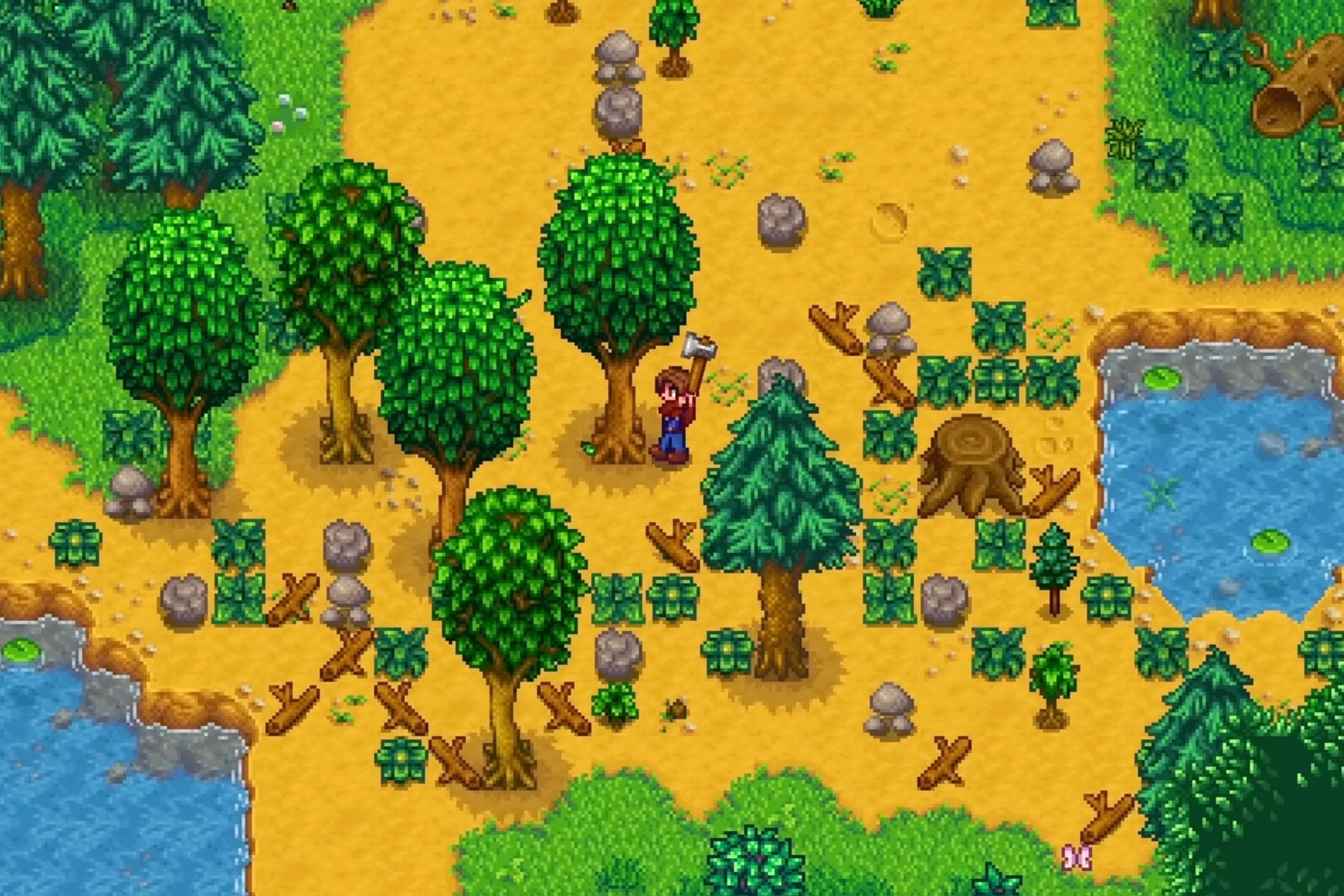Key Takeaways
- Scientific studies show that games positively impact gamers’ social and mental well-being.
- Benefits range from improved hand-eye coordination to mood improvement and social interaction skills.
- Games can prove to be useful in teaching gamers skills that they don’t even know they’re learning.
We’ve probably all been in the position of having someone tell us we’re spending too much time playing games, and that the habit will rot our brains. But we now have evidence to show that gaming can actually improve our mental acuity and mood. So here are eight ways games can help us, proven by science.
Games Are More Than Just Fun Distractions
Some of us have dedicated a lot of our time to gaming. We’ve used it to distract ourselves from more disturbing things and seek a little escape from our world. Some of us enjoy gaming as a way to relax, while others see it as a way to enjoy time with friends. Games can help us as humans, whether social or mental, and science has the evidence to prove that they work.
Games Enhance Your Problem-Solving Skills
A cross-sectional study shows that gaming can improve your problem-solving skills. By looking at a set of 27 other studies, researchers concluded that people who were trained using games were a lot better at solving complex problems than those who weren’t. It’s time to find those online co-op puzzle games to help flex your mental muscles.
A meta-analysis published in 2021 mentioned that game-based learning positively impacted students’ critical thinking skills. Researchers also noted that RPG games were the best at helping students learn. I guess that playing Bookworm as a kid did have its advantages.
Games Are Better for Hand-Eye Coordination
If you’ve played any shooter, you’ll realize how important hand-eye coordination is for winning. A 2010 study found that playing games may improve reaction times without sacrificing accuracy. A 2022 study looking at Esports players concluded that those games may improve hand-eye coordination in children with slow development rates.
The human brain is pretty interesting. When given a task to perform repeatedly, it excels at it. In this case, tracking movements on a screen and reacting to them with a mouse click improved hand-eye coordination through repetition. It’s the essence of training to be better at something.
Games Improve Your Mood
A massive study covering around 67,000 gamers from 32 countries found that gaming can significantly lift a person’s mood. The study compared the improvements in a gamer’s mood to be similar to what others felt while reading, shopping, or listening to music.
While this might not surprise many of us who love to relax with a nice, cozy game, it’s the first study to quantitatively measure how much happier games make players. Many players reported that gaming made them feel a sense of relaxation and emotional regulation.
A Way to Socially Connect With Other Gamers
When the pandemic happened, and we were trapped indoors, many of us turned to games to keep sane. A study published in 2023 examined how social gaming kept us sane during that time and the impact it had on our interactions with others.
The study found that, while many people reached out to others to game and stay socially connected during the lockdowns, social gaming didn’t decrease after the world opened back up. This suggests that gamers really do love sharing the hobby with others.
Gaming Can Improve Cognitive Ability
We have already discussed how gaming helps with problem-solving, but it also helps with cognitive abilities. These refer to the brain’s ability to think, process, retain information, and pay attention. A 2019 systematic review noted that video games can have positive impacts on the brain’s structure depending on the genre since different brain parts were used to play specific types of games.
That said, I don’t expect my love of the complexity behind 4X games to help me launch a political career. But it helps me engage in problem-solving and task management in a way that’s both stimulating and entertainment. Someone who plays Monster Hunter may have better spatial awareness and reaction times than I do. Cognitive abilities go beyond just processing and affect how we function as human beings.
Gamers Are Persistent and Resilient
If you’ve played any Soulsbourne game, you know what it feels like to fail and fail again until you’ve finally succeeded. That moment of triumph is unlike anything else. A March 2024 paper looks at how Celeste players persist after constant failure in the platformer.
Researchers found that persistence was possible if there was a clear goal present. However, they also found that taking breaks between runs and pacing yourself was essential to maintain your mental health. Loving these kinds of games might seem masochistic to those on the outside, but they teach valuable lessons to the fans who love them.
Gaming Stimulates Creativity
A casual look at all the Minecraft and Legend of Zelda: Tears of the Kingdom content on YouTube should prove that gaming encourages creativity. A 2019 study noted that gamers demonstrated three different types of creativity, namely:
- Building in games
- Using games as an art form
- Thinking about games and their systems
Systems-based game design could result in creativity in games. The term “emergent gameplay” is used a lot in the industry, but true emergent gameplay gives the players agency to create what they want within the game world. This could be something as simple as cosmetic tweaks to entire transformative mods.
Games Can Teach Us Things
As someone who has been using Duolingo to learn conversational Spanish for a few years, I appreciate gamification in my applications. A 2022 study mentions that educational games can significantly impact learning outcomes, especially in science and foreign languages.
However, learning from video games goes beyond games that were specifically designed to teach. A 2014 article argues that some commercial “for fun” games impart knowledge, even though they didn’t initially intend to do that. However, it does end with a warning that games as learning tools have limitations. If it were so simple, I’d have passed more history exams in high school because of Civilization 3.
Gamers Learn and Grow Through Games
Many of us spend a lot of time playing video games, and many of us probably never realized how beneficial they could be. They have been changing how our brains work and giving us skills we weren’t aware of. Thanks to studies into how games impact gamers, we now have objective evidence that gaming is a force for good.
So, the next time someone tells you that games will rot your brain, tell them science says otherwise.







